Common AC Problems and How to Fix Them
Enjoy reading the latest DIY articles and saving money?
Receive our latest helpful hints, tricks and savings, directly to your inbox.
Posted March 14, 2022
Throughout the whole of the United States, it’s been found that over 90% of homes have some form of AC. Due to this large number, the US has more AC units than all other nations combined.
Throughout recent years, air conditioning has seen steady growth within the market. Each passing year sees more home AC units becoming a part of life within our homes.
Of all AC unit owners, how many will actually understand what happens when the unit stops working? Keep reading for a list of common AC problems and methods you can use to fix them.
How Does Air Conditioning Work?
All air conditioning units will all have the same function. They take hot air and replace it with cool air. You will find that most units will use the same essential components to do this.
The unit will draw in the warm air from the room and push it through the evaporator coil. The coil will cool the air down due to the coolant or freon, as it’s known to most, is held within. While this is happening, a dehumidifier is dehumidifying the air and will take away any produced moisture.
The air then passes over the heating element. This makes the air temperature match your desired setting. It is then pushed back into the room, which brings the temperature of the room down. The air doesn’t go over the heater while in AC mode therefore the air doesn’t go over a heater in ac mode, and air temp doesn’t match the desired setting.
The coolant within the pipes will heat up during the process, which turns it into a gas. It carries this heat to the outside of the house. A fan then pushes the heat outside while cooling the coolant back into a liquid.
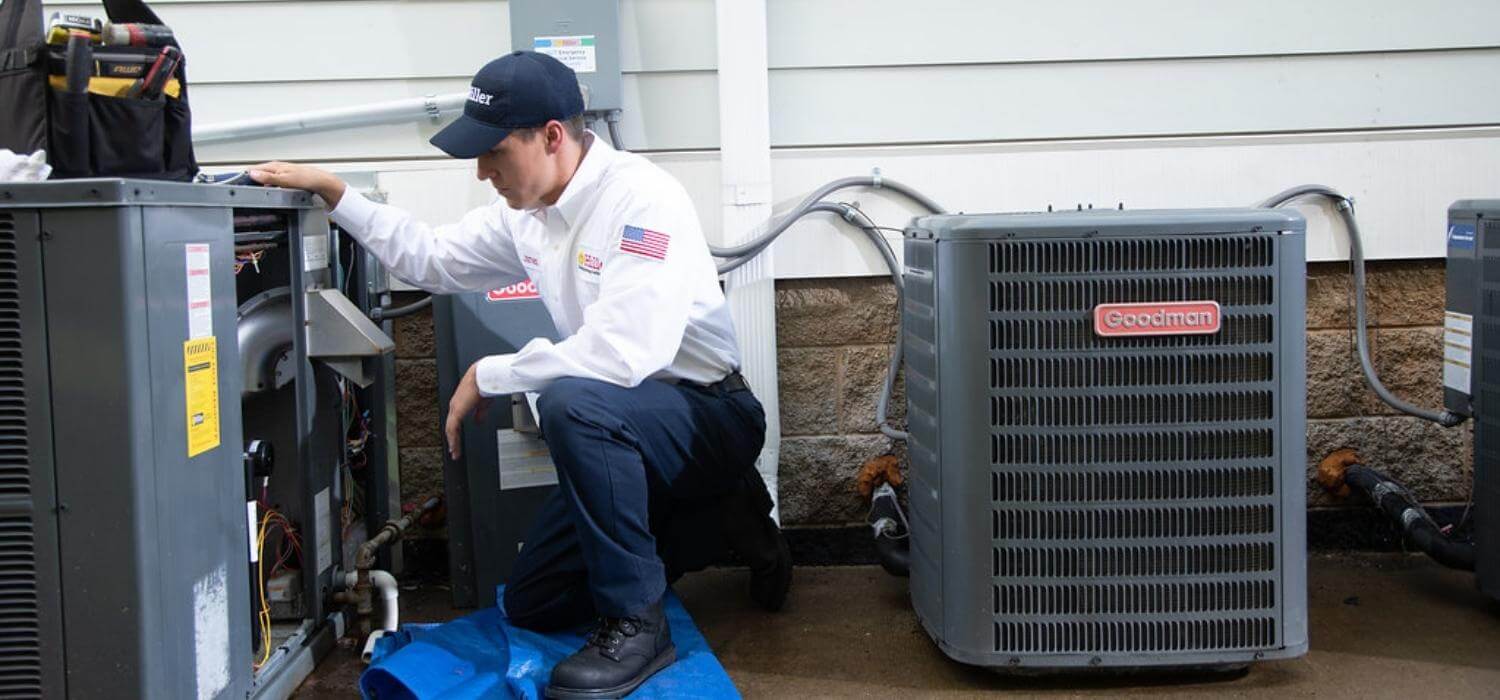
Different Types of Air Conditioning for Your Home
Most of us will hire a commercial air conditioning service for the AC units found in the office. But what about the AC units located within the home. These fixes could depend on the type of unit.
With a range of different air conditioning units available, you may need to know what your style is. Knowing this information can help the professionals understand what’s wrong easier.
Central Air Conditioner
Central air conditioning is ideal for those with big houses or those wishing to cool in more than one room at once. This unit is able to do this by using a system that uses ducts to regulate the air.
The split system comes in two units, one indoors and one outside. The outdoor unit contains the compressor and condenser components. But, the inside unit has the evaporator coils and other such parts. There is also a package that includes a unit where all the components are outside.
One of the downsides to this style unit is there is a lot of work to prevent central AC problems. On the other hand, you are cooling the air in many rooms of your home, which will bring the overall humidity down.
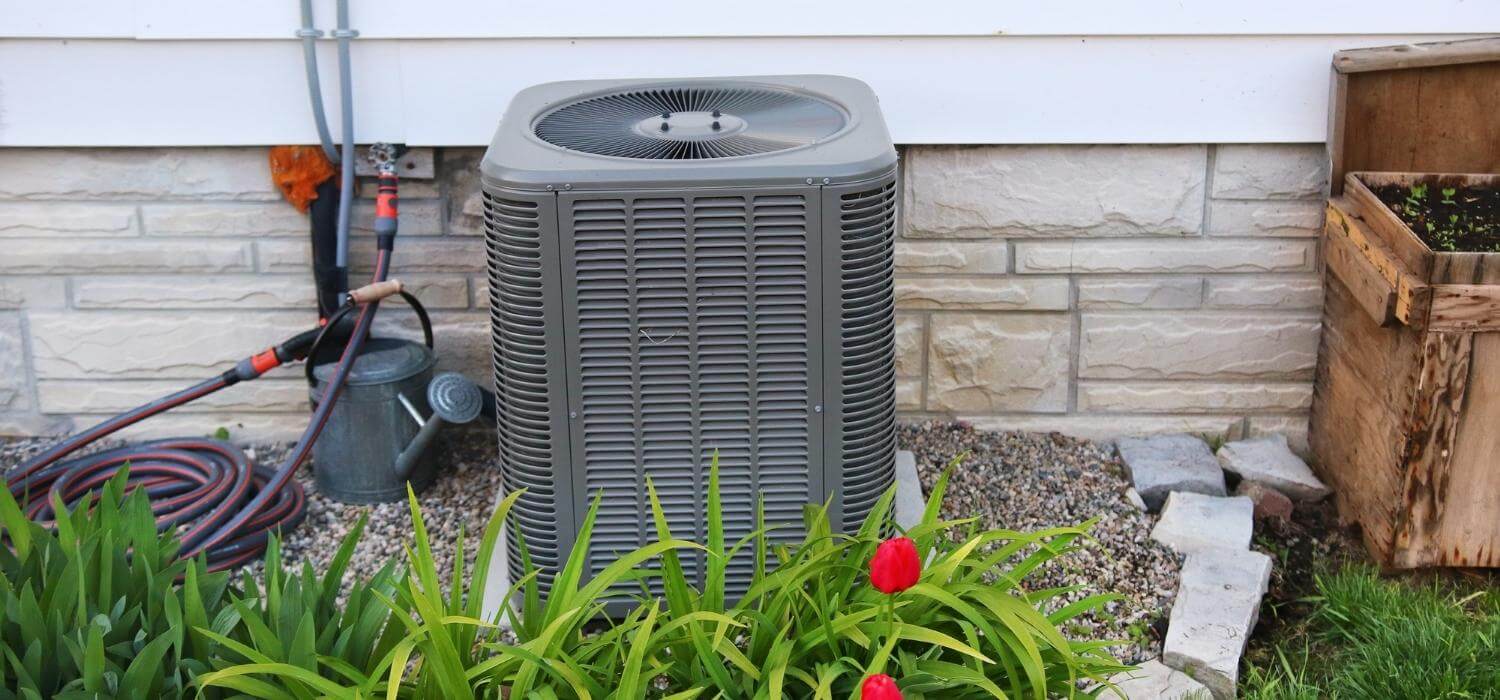
Ductless Mini-Split
A ductless mini-split air conditioning unit is perfect for those wanting to cool a single room. This location can be such rooms as a home office or a bedroom.
This unit attaches to the wall towards the ceiling of the desired room.
A ductless mini-split unit may be far easier to diagnose AC problems. But, it also comes with its disadvantages. For example, if you want to cool a larger than the standard-sized room, the unit may lack the power to do so.
Window Air Conditioner
Window AC units are perfect for those looking to cool a single room. A perfect example of this would be those who are living in a studio or 1-bedroom apartment and want to cool the entire home.
This type of unit can vary in size depending on the location it is to be placed. The unit goes within the frame of a window, half inside and half outside. The inside parts cool the air, the outside parts release the hot air.
This unit has a highly desired simplicity in fixing common AC problems due to its size. Yet, one significant downfall is that some units can be pretty noisy while running.
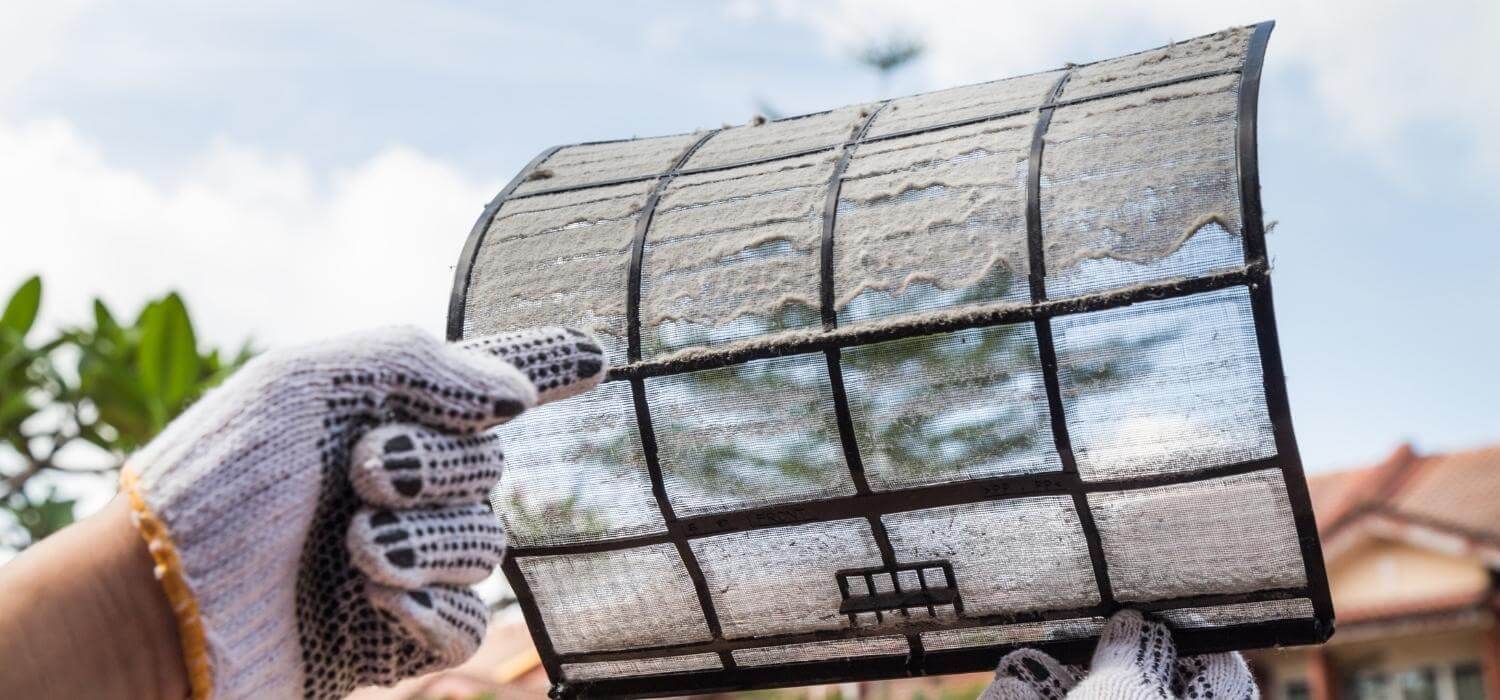
Portable Air Conditioner
Portable air conditioning units are somewhat similar to the window AC units. This is because the unit’s main body is inside while the tubes go out of the window.
The unit itself is free-standing and can easily be removed and placed within another room. All that is required is a power source and a window to attach the tubes.
The simplicity of this unit means that should any AC problems arise, you will have ease of access to fix it. But, if you want to cool down a large room, this unit will struggle to do so.
Common AC Problems
The above examples are but a few styles available on the market today. But, almost all units will have similar components. This means they will have similar potential problems.
If you are considering purchasing or already own an AC unit, then you may want to know how to solve these issues. Let’s take a look at a few common AC problems and solutions.
The AC Filter
One common component of an air conditioning unit is the easily removable AC filter. This filter should be one of the critical parts that you conduct continuous maintenance upon. It not only keeps your AC unit healthy but also improves your indoor air quality.
A dirty filter has the potential to impair the airflow that the AC unit is pumping through the room. It will also raise the chances of the AC unit becoming clogged and malfunctioning.
If you find your AC unit isn’t cooling the room efficiently, check the filter before anything else. This is the most straightforward problem to fix. You can prevent this problem by maintaining your filter cleaning schedule.
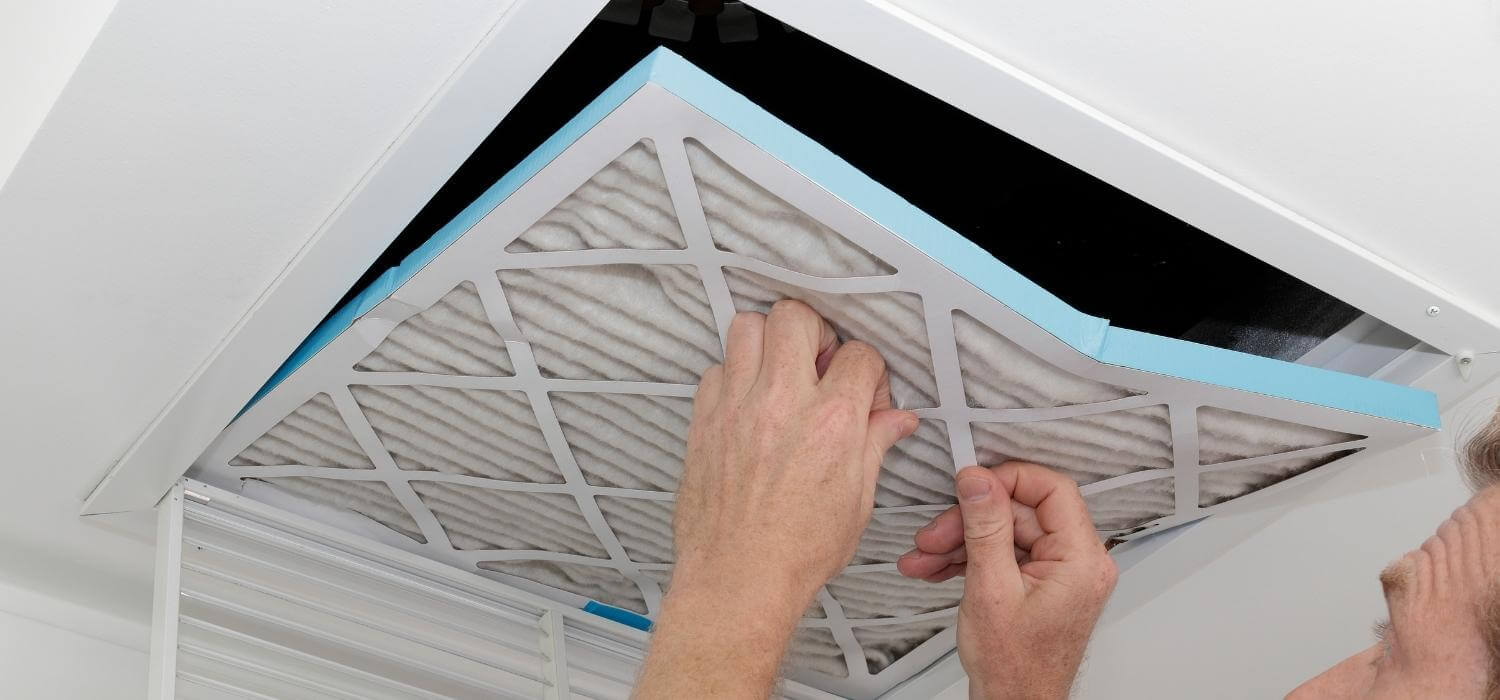
The Thermostat
Have you have found yourself in a situation where your AC unit is refusing to start correctly? The thermostat of your unit may have caused this problem.
Even with the constant rise in technology, there are still possibilities of mistakes. Check that the AC unit’s thermostat hasn’t turned off or changed to the wrong setting. If so, call out an air conditioning repair company to recalibrate your thermostat as most digital thermostats cannot be calibrated.
But, if you find that your thermostat is on and at the correct temperature, check its interior. Is sunlight getting in somehow and compromising it. If not, then check the thermostat is correctly leveled. Something to note, digital thermostats do not need to be leveled!
The Coolant
If you find the temperature coming out of the AC unit is constantly changing, this may be due to the coolant. As mentioned above, the coolant is in a constant state of change between liquid and gas.
Throughout this process, the coolant level should remain at the same level. If you find that the coolant level of your AC unit is off, you will need to top it up.
Unfortunately, this isn’t something that can be easily fixed. To do this, you will need to hire an AC service to come and replace the coolant that has depleted. This is because there is normally a leak in the system which needs professional attention.
The Drainage
If the air conditioning services have found a water leak within your AC unit, this could be due to a blockage. The unit has the possibility of becoming compromised by such things as dirt, dust, or even leaves.
This has the potential to be an easy fix. The first thing to do is locate the drain pan and check that it is draining the water effectively. You may find the drain pan blocked somehow and overfilling, it can damage the rest of the unit.
However, if you are not overly confident with diagnosing AC problems, then play it safe. Call in the professionals to come and check the unit over for you. They will be able to find the problem for you.
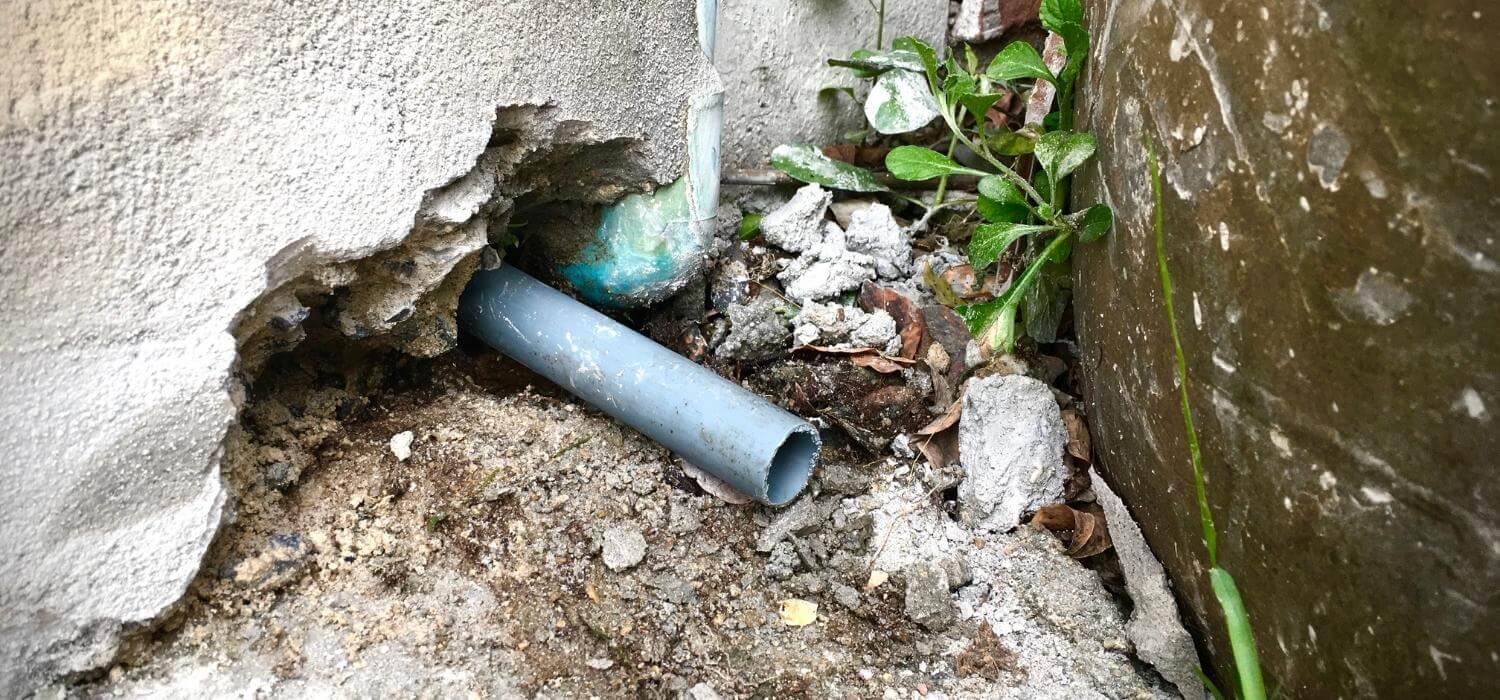
The Electrical
You may find that your AC problems are a result of the fact that air isn’t coming out of the machine. If this is the case, then the fan won’t be propelling correctly due to an electrical problem.
Check the breaker box of your home and see if any breakers have tripped. If it has, then flip it back on and try the AC again. You may find that it works properly now.
If turning the AC back on flips the breaker again, the electrics have grown to a dangerous stage, then you have an electrical problem within the unit. You should not tackle electrical problems without training. The situation could get worse and potentially start an electrical fire.
The Capacitor
Did you find that no breaker had tripped when you checked the breaker panel? If so, then the fan may be malfunctioning due to the capacitor being unable to start the motor from working.
Did you hear a clicking sound leading up to the AC unit malfunction? If so, this is the capacitor’s way of telling you it’s starting to wear down. There are also other sounds that can inform you of the capacitor failing.
When diagnosing AC problems for your unit, do you hear a humming noise? This is the sound of the motor trying to turn on but isn’t getting the help that comes from the capacitor. Call an AC service to fix this problem for you.
The Compressor
It can be said that the compressor is the most vital part of any AC unit. This component is the part that controls the AC pressure and ensures the flow of freon.
Because the compressor is working so hard, it could potentially need replacing. In contrast, it may not be working correctly due to the fault of another part of the AC unit. Your compressor shouldn’t need to be replaced if it is working normally.
Before buying a new compressor for your air conditioning unit, call a professional. They will know if it is, in fact, the compressor or if another part of the unit has become damaged.
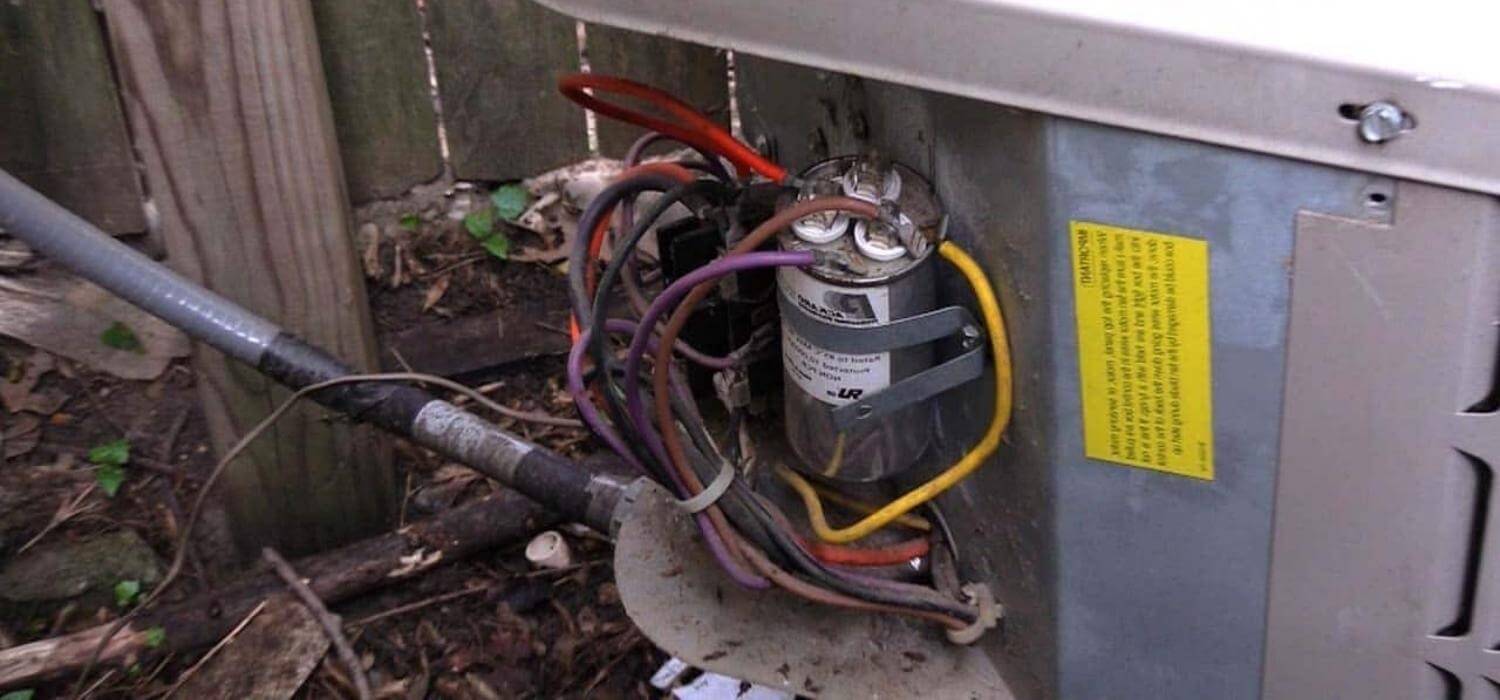
The Evaporator Coil
The evaporator coils have a vital role in the running of an AC unit. They are the part of the machine that removes the heat and adds the cold to the air.
If the air coming from the unit isn’t the right temperature, check the evaporator coil. Have they frozen? If so, let your frozen coil thaw out.
However, if the coil is fine, the problem could be found in one of the other components. For example, there could be a blockage, the filter may be dirty, or the coolant level could be affecting it.
The Condenser Coil
The condenser coil has the same level of function as the evaporator coil. The evaporator coil controls the inside temperature, and the condenser coil removes the heat outside.
Due to being outside, the condenser coil has the chance of being affected by outdoor elements. For example, the wind could be blowing leaves across it and causing problems.
Before you call out an AC service to fix this problem for you, try hosing the outside section of the unit down. This could dislodge any contaminants gained by the weather.
The Contactor
The contactor is the part of the unit that powers the rest into working correctly. Think of it as a light switch; it turns on and off when the thermostat calls for AC/Heat. If there is a problem, the rest of the machine won’t perform correctly.
This component is one of the top reasons for an air conditioning service to be called out. However, if you or one of your loved ones is an electrician, a simple contactor swap could be the solution.
If you have performed this swap and the machine still doesn’t work, you may need to call the professionals. Sometimes you may not easily diagnose the problem, so a professional can help solve it.
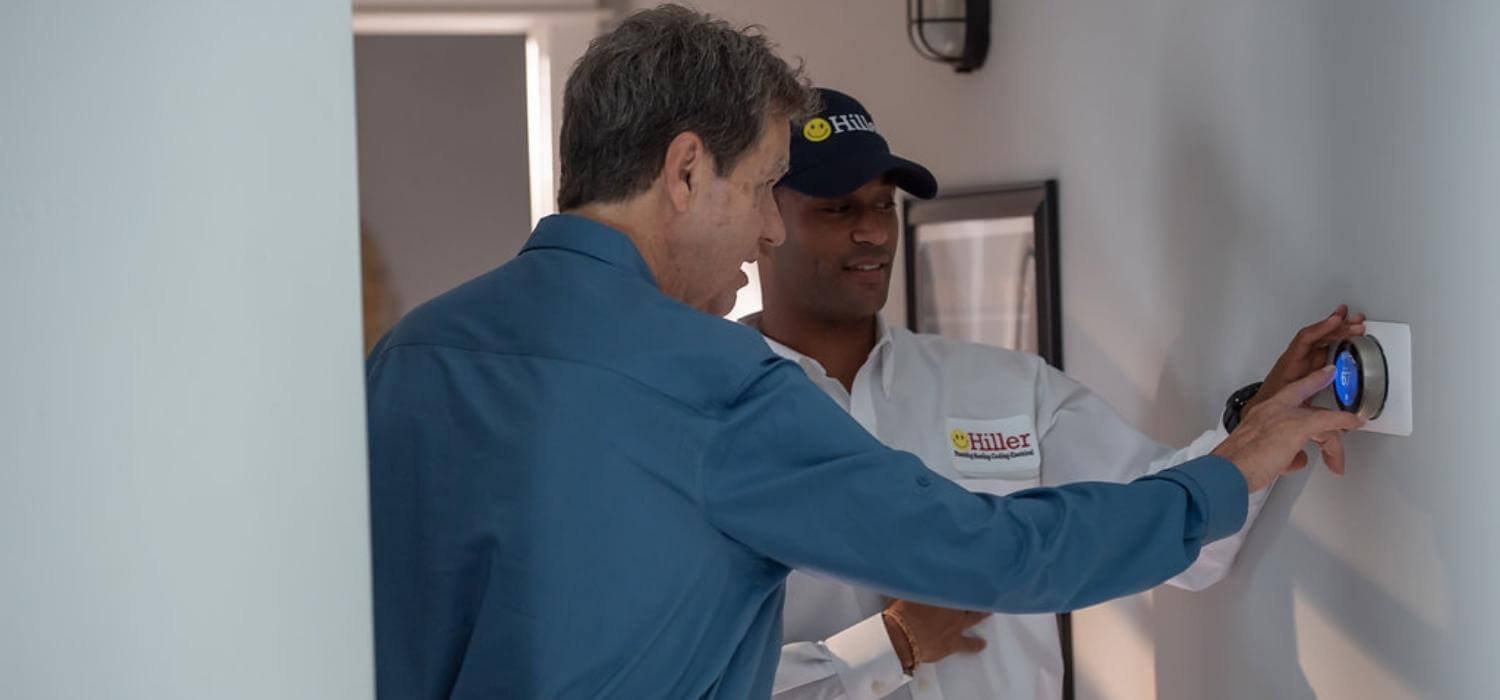
Keep a Cool Head
There is a range of common AC problems which anyone could encounter through owning one. Keep this list bookmarked, and hopefully, you can solve the issues simply. However, it may be a safer option to hire professionals.
You now know the primary function of any air conditioning unit. If this function isn’t working, it’s time to check the other components are functioning as they are designed to do.
If you need any help regarding your household air conditioning, contact us today. We also offer other services in regards to plumbing, heating, and electrical.
 Daily Promotion
Daily Promotion
$500 Off Tankless Water Heater
Upgrade your comfort and give back this season.
Get Promotion